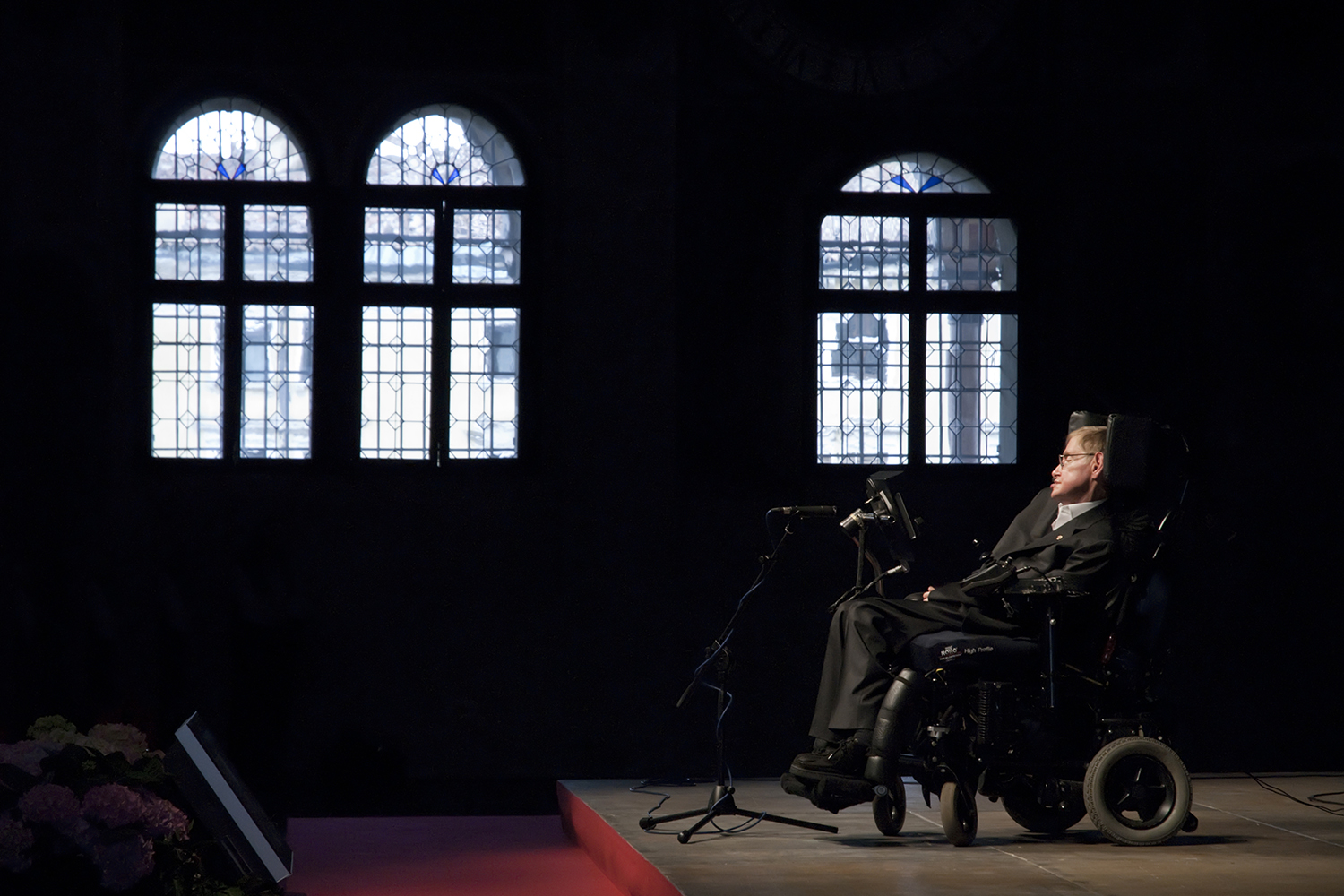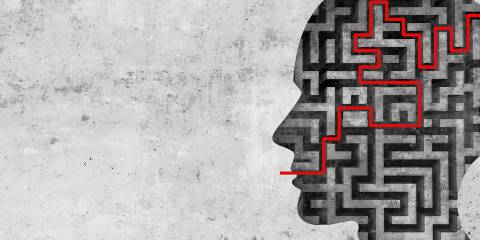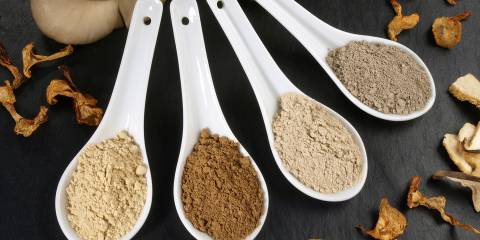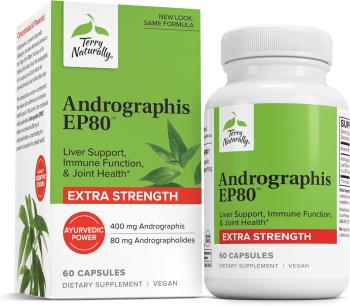Also called Lou Gehrig's Disease, ALS is a progressive neurodegenerative disease that affects nerve cells in the brain and the spinal cord. Symptoms include muscle weakness, especially involving the arms and legs, speech, swallowing or breathing.
What Causes ALS?
The cause is unknown, but because of the severity of the illness, I am more likely to recommend going after possible underlying viral infections or toxins.
Unlike some medical conditions, the medical establishment approach to ALS is reasonable, and the people involved in both research and academics are often excellent. Some very promising research areas are being explored.
Therapies & Advice
-
Consider Hidden Infections
Consider an IgG and IgM blood test for HHV6 by IFA, and a CMV IgG and IgM (do both at Quest labs). If either IgM is positive, or the IgG for HHV6 virus is 1:640 or higher, or the CMV IgG is 4 or more, consider a 6 month therapeutic trial of the antiviral Valcyte.
Doxycycline antibiotics were harmful in one ALS study, but another promising study is looking at the antibiotic ceftriaxone (for its nerve protecting effects).
-
Detoxification
See a holistic M.D. to look for heavy metal toxicity and consider EDTA chelation.
-
Recommended Supplements
-
Multi-Nutrient Powder
Take a good multi-nutrient powder to decrease spasticity, improve energy, and protect brain function. The Energy Revitalization System can include the magnesium (to decrease muscle and bladder spasticity), as well as glutamine, glycine and NAC to raise glutathione.
-
Lithium
Take 10 mg 1 to 2 times a day for its brain protective properties (found online and in some health food stores).
Prescription lithium carbonate 300 mg has 30 mg of lithium a tab (so take 1⁄3 of a tab 1 to 2 times a day).
-
-
Find a Health Practitioner
Your neurologist will be able to guide you on standard care. For a holistic physician near you, visit the American Board of Holistic Medicine.
Then do a phone consultation with Dr. David Perlmutter of BrainRecovery.com who can guide your holistic physician.





